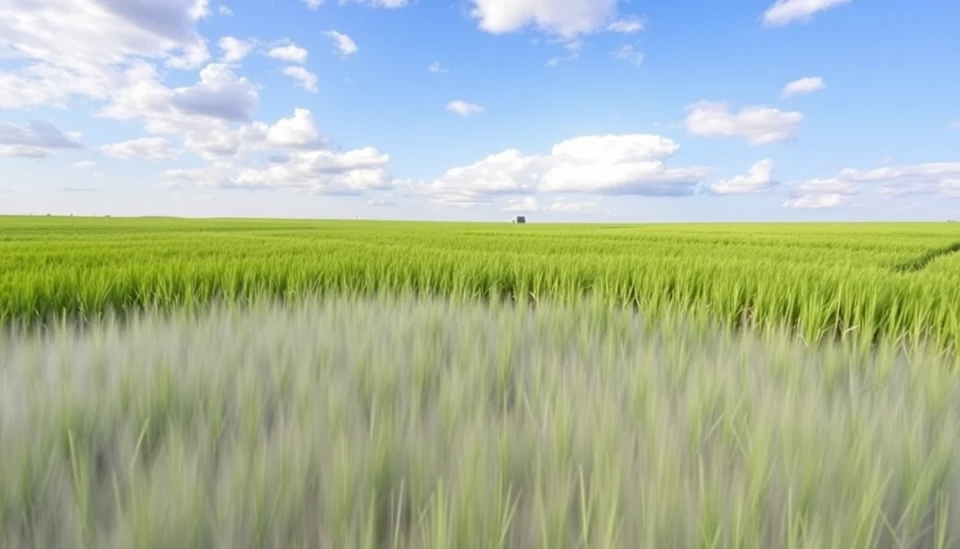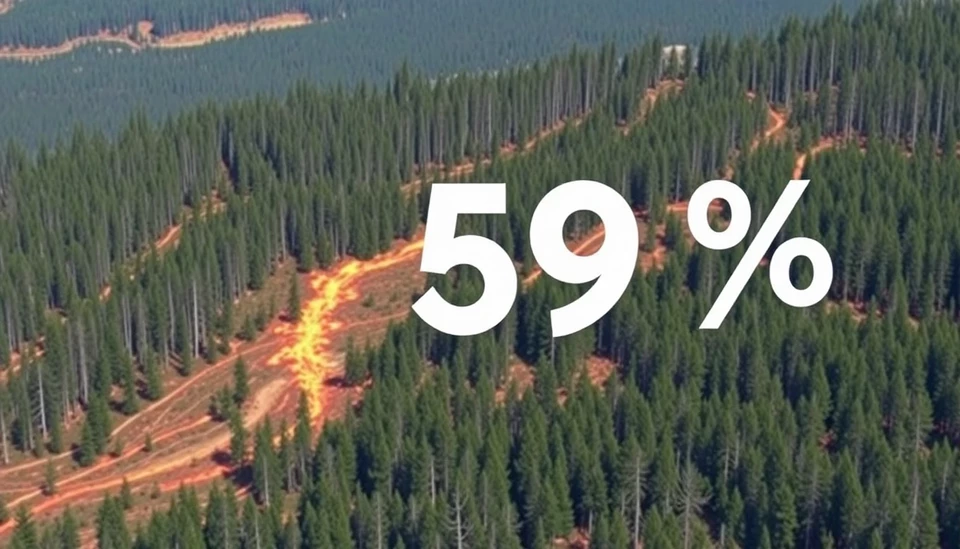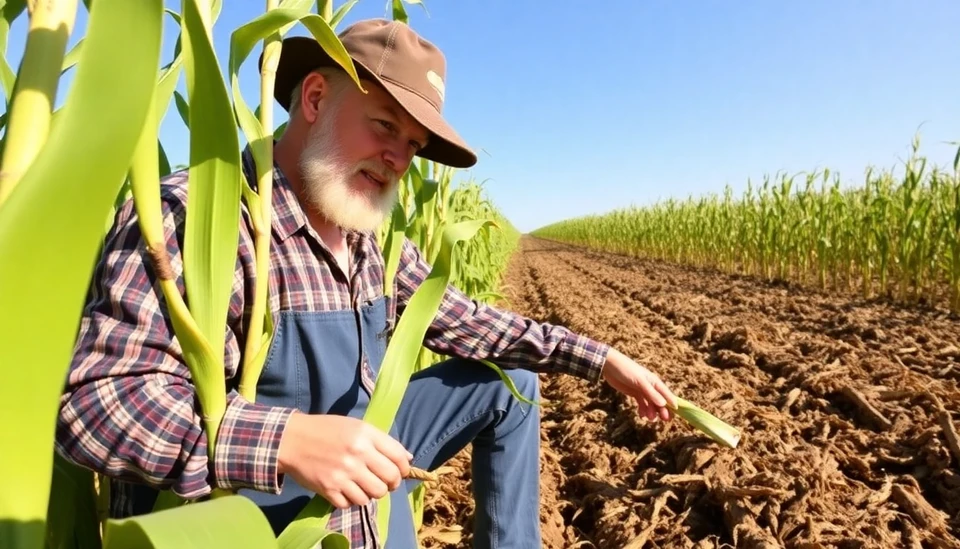
The United States Department of Agriculture (USDA) has come under scrutiny following a significant lawsuit aimed at addressing the alleged purging of crucial climate change-related information from its public resources. The legal action raises questions regarding the transparency of government agencies and their commitment to disseminating scientific findings tied to climate implications on agriculture and food security.
This lawsuit is spearheaded by a group of environmental organizations, including the Center for Biological Diversity and the Natural Resources Defense Council. The complainants argue that the USDA’s decision to eliminate a substantial amount of climate change data directly contradicts the agency’s role in promoting sustainable agricultural practices and understanding the impacts of climate change on food production.
The organizations contend that the USDA's actions not only diminish the public’s understanding of climate change but also hinder efforts to prepare for its far-reaching consequences. It is argued that this data is vital for farmers, policymakers, and researchers to adapt agricultural practices in the face of worsening climate conditions, which could exacerbate food insecurity in vulnerable communities across the United States.
The legal filing specifically cites that essential findings from reports and analyses have been systematically removed or made less accessible. This alleged censorship is seen as a troubling trend at federal agencies, prompting concerns among various stakeholders about the integrity of information that informs critical environmental policies.
The USDA, in its defense, has stated that the adjustments were part of organizational restructuring and were aimed at streamlining the information provided to the public. However, critics argue that the motive behind the removal strongly aligns with an unsettling pattern observed since the previous administration, where there was a marked reduction in the availability of climate change data.
Experts in climate science and agriculture have voiced their concerns, emphasizing the necessity of having accurate and comprehensive data available to inform farmers' decisions, as well as shape federal and state agricultural policies. The lawsuit could set a significant precedent regarding how government institutions manage and disseminate climate-related information moving forward.
This issue has sparked a broader conversation about the importance of climate data in government transparency and accountability. As more evidence emerges linking climate change to extreme weather events and atypical growing seasons, the need for reliable data becomes more pressing. Advocacy groups are optimistic that the outcome of this lawsuit will ensure a return to science-led policies that prioritize public health and ecological stability.
As the case unfolds, the implications of this lawsuit could resonate far beyond the courtroom, potentially affecting funding, research direction, and public awareness around climate change and its impact on agriculture in the United States.
As the USDA prepares its response to the allegations, stakeholders are awaiting clarity on its commitment to transparency and the importance it places on addressing climate issues that fundamentally affect the agriculture sector and the economy at large.
In conclusion, this ongoing legal battle signifies a critical moment in the intersection of agriculture, climate science, and policy-making. The outcome may not only impact the USDA’s operations but could also set the tone for future environmental data management across various governmental bodies.
#USDA #ClimateChange #DataTransparency #Sustainability #Agriculture #Lawsuit #FoodSecurity #EnvironmentalJustice
Author: Sophie Bennett




